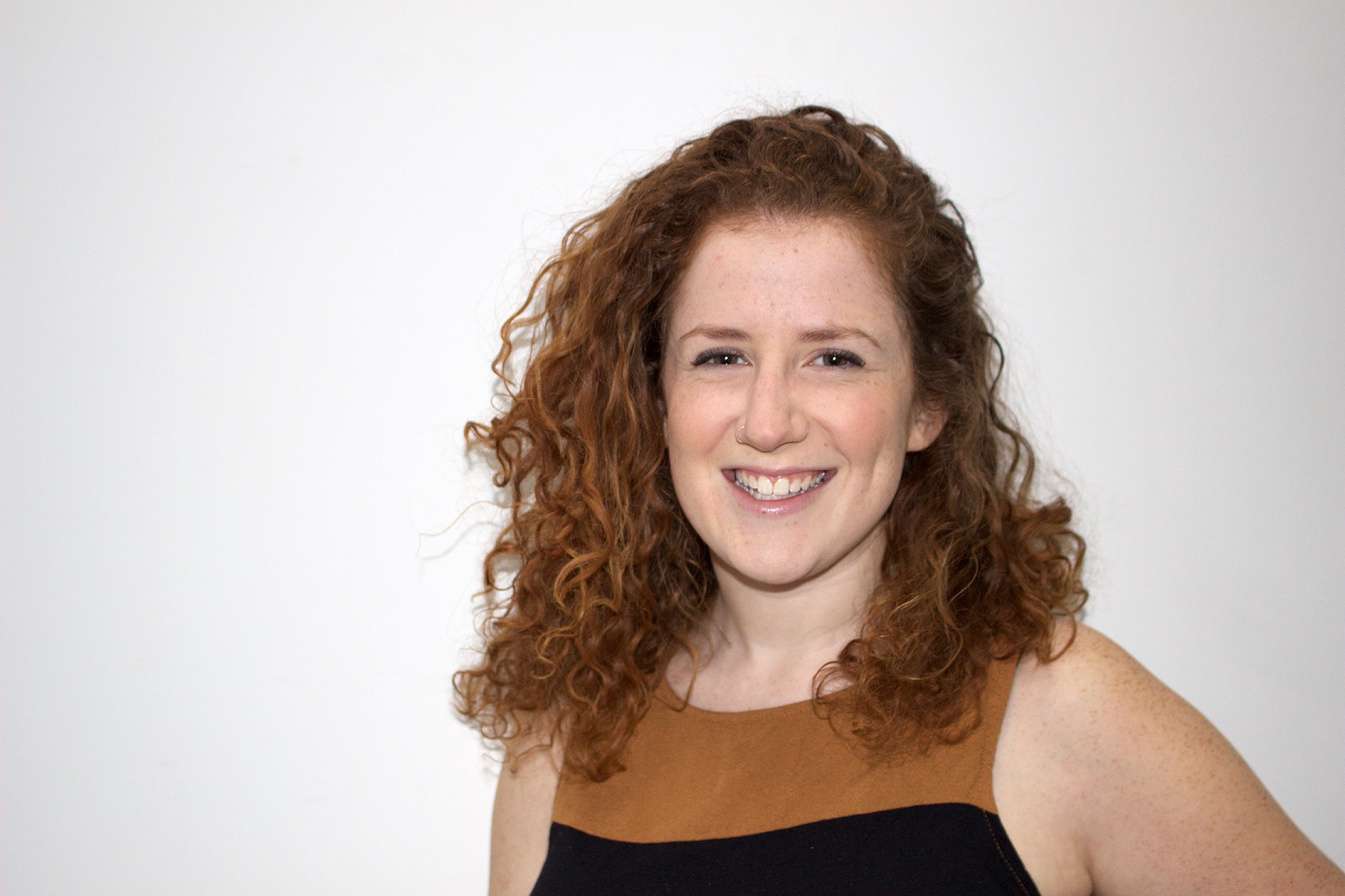In February, 2L Berina Altshuler received two pieces of exciting news. She learned she had been chosen for a Minnesota Justice Foundation (MJF) Public Interest Law Fellowship (PILF) and that she would spend her summer as a legal intern with the Office of Chief Medical Examiner in New York City.
“I was really excited about the opportunity to be in New York and work with the medical examiner’s office,” says Altshuler. “I lived in New York before starting law school and this internship sounded like a really unique experience.”
The internship offers law students the opportunity to gain firsthand knowledge of the criminal justice system from the perspective of the medical examiner’s office, which focuses on conducting investigations and gathering evidence when a sudden, unexplained or suspicious death occurs.
Altshuler pursued the position as part of St. Thomas Law’s Fredrikson & Byron Public Interest Externship Program, which offers students the opportunity to earn credit and gain relevant professional experience. Her position is one of two internships funded this summer by the St. Thomas MJF Student Chapter through a PILF grant.
When the global COVID-19 pandemic brought the world to a standstill in March, it was unclear whether Altshuler would be able to complete her internship. Fortunately, the medical examiner’s office in New York remained committed to the position and Altshuler was able to work remotely.
“As COVID realities set in, I was increasingly nervous about whether this internship would even happen,” she said. “Luckily my supervisor was really flexible, and my team of colleagues worked hard to make a remote internship as fun and educational as possible from halfway across the country.”
This summer Altshuler was involved in two research projects – one of them directly connected to the pandemic.
“I looked into how different states have legislated the handling of human remains,” Altshuler said. “Which is especially important right now as states try to figure out the best way to cope with an overwhelming number of COVID-19 deaths in the most respectful way possible.”
Beyond her research projects, Altshuler was able to remotely take part in other activities within the medical examiner’s office such as to sitting in on discovery meetings, court conferences and virtual court. Her supervisors also put together a weekly “lecture series” for her that exposed Altshuler to different aspects of the office’s work or connected her with a related agency.
“I had lectures about DNA and root-cause analysis problem-solving. I also met with a New Jersey prosecutor,” Altshuler said. “It was a fun way to learn more about the field of forensic science, while also building relationships with my supervisors and presenters.”
Altshuler says her internship gave her “front-row seat” to the legal system this summer and that she came away with new skills and a deeper knowledge of criminal law matters.
“The medical examiner legal team frequently meets with prosecutors and defense attorneys to discover relevant cases and discovery requests,” she said. “It was really interesting to see the relationship between these two sides of the criminal justice system from a neutral spot in the medical examiner’s office.”







